Have you wondered why things smell different lately? Is it you? If you’re questioning whether it’s you — you’re not alone. Believe it or not, this new development might be linked to menopause!
It’s totally normal for body odor to change during this time. In fact, at least 12% of females 40-65 say they’re experiencing a change in body odor.* It might seem strange and even a bit embarrassing, but it’s a normal part of the journey. Let’s learn why this happens and what we can do about it.
What does menopause body odor smell like?
Sweat is the body’s natural way of helping to keep your body cool. Sweat is made up of mostly water and as the sweat (or water) evaporates from your body, the surface of your skin cools down. Sweat itself doesn’t smell, but when it mixes with the normal, healthy bacteria on your skin, it forms products on your body called thioalcohols which produce strong odors. These smells can be sweet, tangy, or even smell like onions! Everyone’s scent is different, just like our fingerprints.
However, you can also experience body odor without sweating. To understand this a bit better, let’s explore the primary hormone changes that contribute to changes in menopause body odor.
Does menopause cause body odor?
For better or for worse, changes in your hormone levels and body odor often go together. As a result, the hormone changes during menopause can impact how much you sweat, the body odor you produce, and even affect your perception of the way it smells. Estrogens and androgens are the main hormones involved in this menopause symptom. Changes in estrogen levels can cause you to sweat more often than you used to, and androgens play a part in the body odor that results.
Estrogen and sweating changes during menopause
Estrogen helps control body temperature and how much you sweat. When estrogen levels go up and down during the menopause transition, you might sweat more often (think hot flashes as a prime example). More sweat means more chances for smells, especially in places like your underarm and groin, where there are more sweat glands.

Androgens and body odor during menopause
Although androgens are typically thought of as the male hormone, females also naturally produce androgens (just in a smaller amount than males). They are a group of hormones that are vital to a female’s sexual and overall health. Androgen levels don’t change as abruptly as estrogen levels do during the menopause transition.
During menopause, there’s often a change in the ratio of estrogen and androgens, leading to an increased amount of androgen activity. Fluctuating levels of estrogen can lead to increased sweating and androgens contribute to body odor that results. When androgens interact with your sweat glands, it often causes a body odor that some people find more intense and/or musky.
Body odor from stress during menopause
As you’ve probably experienced, menopause can be a stressful time. It can cause many changes in your life and your body. When your body experiences stress, it can make the apocrine sweat glands work harder. This produces a thicker sweat that has more protein and fat. These extra nutrients result in a strong body odor when this type of sweat reacts with healthy skin bacteria.
Menopause and your sense of smell
Estrogen and progesterone are hormones that help the olfactory system function correctly. The olfactory system is the body that’s responsible for our sense of smell. When those hormone levels change (both during pregnancy and menopause), the sense of smell can be affected.
When hormone levels decrease during menopause, the olfactory system can be affected for some people. Some people may not be able to smell as well, while others may have a change in how they perceive smells. There are also some people who experience phantosmia, which is when you smell an odor that isn’t there.
How can I stay fresh during menopause?

Changes in body odor during menopause are normal as you age. But there are ways to manage these menopause changes if they bother you.
- Keep clean! This might go without saying, but the foundation of staying fresh is keeping clean. Shower regularly, use soap, especially in the underarm and external parts of the groin area, where the bacteria that causes odor like to hang out. (Note: Do not use soap directly to the vulva/vagina.)
- Reboot your routine. The amount of sweat you produce and what causes you to sweat may change slightly through the menopausal transition. Pay attention to these changes and change up your routine if you need to. For example, if you’ve always showered before bed, but are now experiencing night sweats, you may need to switch your showers to the morning (or start showering twice a day).
- Use antiperspirants and deodorants. Antiperspirants help reduce sweat, while deodorants can cover up and neutralize bad smells.
- Choose breathable clothing. Wear clothes made from fabrics like cotton, linen, bamboo, or other materials that let your skin breathe. Loose-fitting clothes also help keep air flowing, which can reduce sweat.
- Pack your bag with cooling supplies. While having a fan in your bag won’t prevent sweating from happening, there are a few things you can pack to help provide relief when the sweat starts flowing. It can be helpful to always carry a small personal fan and some cold water.
- Eat healthy foods and stay hydrated. Eating a balanced diet and drinking enough water can help reduce strong body odors. Try to avoid spicy foods, too much caffeine or alcohol, and foods like garlic and onions. These can make your sweat smell stronger.
- Manage stress. Find effective ways to manage stress and anxiety, like exercising, doing yoga, or practicing deep breathing. When you’re stressed, your body makes more of the thicker sweat, from the apocrine sweat glands, that can cause a stronger smell.
Whether you like it or not, menopause body odor changes are common. They’re mostly caused by changes in hormones, including a decrease in estrogen, relative to androgen activity, and potentially higher stress levels. While this symptom may stink, there are practical steps to help you feel your best. Remember to take care of your hygiene, be thoughtful about what you eat and wear, and find ways to relax and de-stress. A change in odor that doesn’t bother you is nothing to sweat.
*Data from Attitudes & Usage study conducted with 4,578 female participants ages 40-65. Funded by Kenvue.


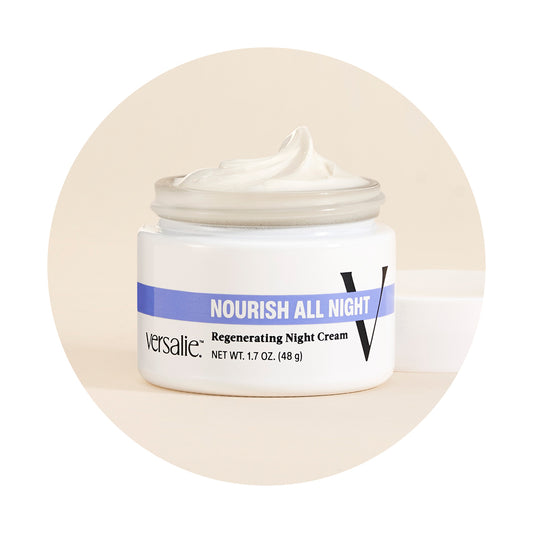
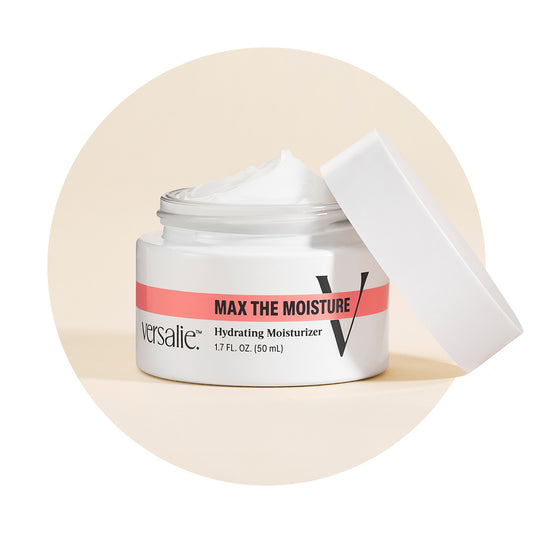
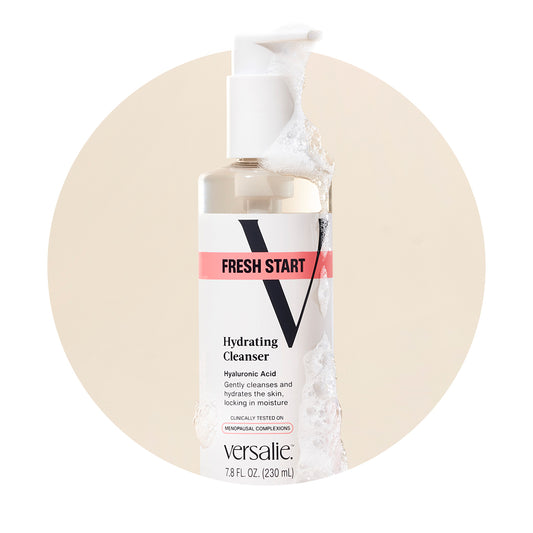
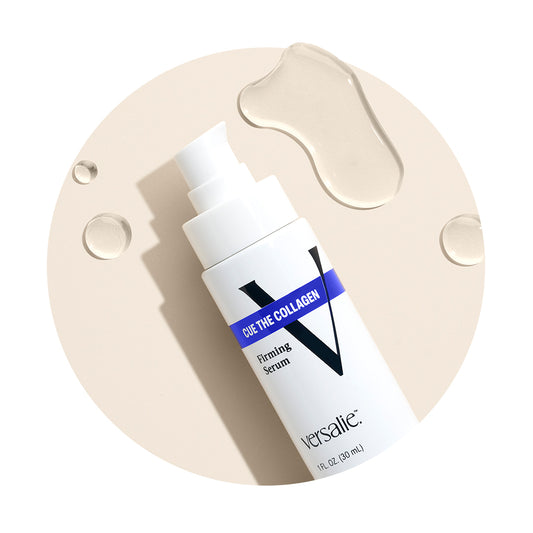
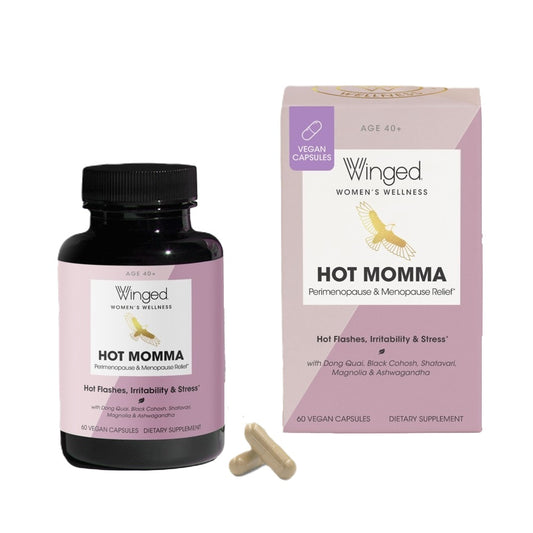


1 comment
Pack your bag with cooling supplies. While having a fan in your bag won’t prevent sweating from happening, there are a few things you can pack to help provide relief when the sweat starts flowing. It can be helpful to always carry a small personal... fan and some cold water.
Eat healthy foods and stay hydrated. Eating a balanced diet and drinking enough water can help reduce strong body odors. Try to avoid spicy foods, too much caffeine or alcohol, and foods like garlic and onions. These can make your sweat smell stronger.
Manage stress. Find effective ways to manage stress and anxiety, like exercising, doing yoga, or practicing deep breathing. When you’re stressed, your body makes more of the thicker sweat, from the apocrine sweat glands, that can cause a stronger smell.